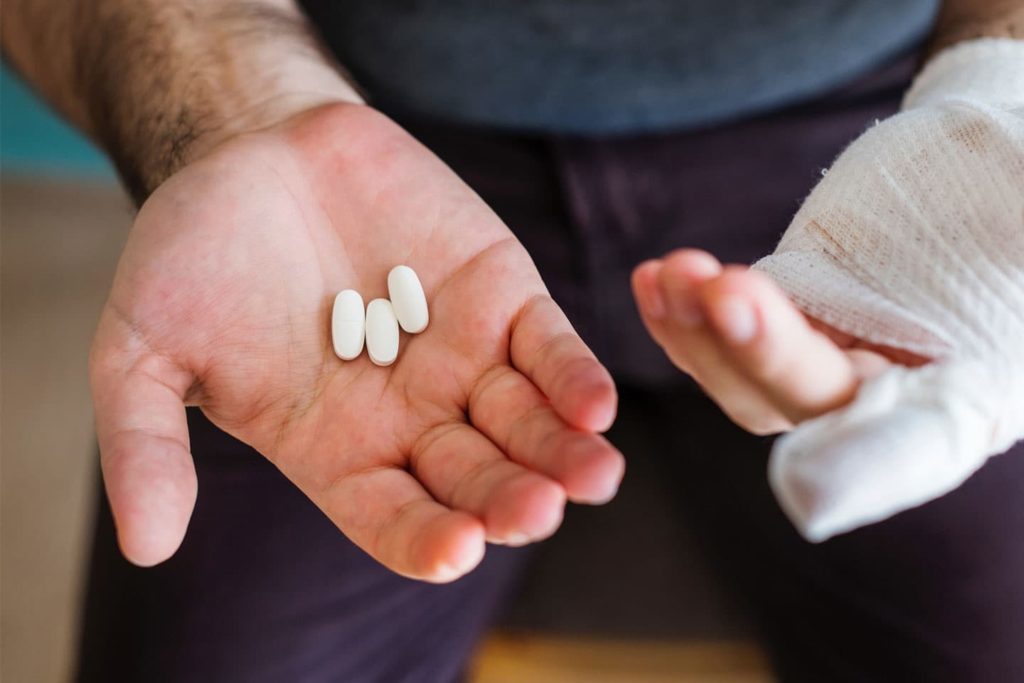Could Probiotics Reduce Fat in Your Liver?
The health of your microbiome may be critical in spotting the early signs of nonalcoholic fatty liver disease (NAFD), the most common form of chronic liver disease affecting up to 100 million Americans.
Between 20-25 percent of that group will face the most severe form of NAFD — nonalcoholic steatohepatitis that can inflame and damage the liver — at some time in their lives.
Insulin resistance, diabetes and obesity are some of the variables that lead to the accumulation of fat in the liver, triggering NAFD.
Interestingly, Spanish researchers at the University of Granada spotted some of the first signs of a gut health connection with NAFD in a PLOS One study using probiotics.
Scientists discovered feeding obese rats beneficial strains of probiotic bacteria — either separately or combined — reduced steatosis, the first stage of NAFD in which fat accumulates in the liver.
Researchers used three proprietary strains (Lactobacillus rhamnosus, Bifidobacterium breve and Lactobacillus paracasei) that are part of EndoMune Advanced Probiotic’s active formula of beneficial bacteria in their research.
For the study, obese rats were fed single strains of beneficial bacteria or a combination of them for 30 days. Compared to animals receiving a placebo, rats fed probiotics produced significantly reduced amounts of lipids (mainly triacylgylcerides) in their livers, along with lesser quantities of pro-inflammatory molecules in their blood.
The good news about NAFD: Making small lifestyle adjustments can do a lot of good. Losing those extra pounds (even as little as 3 percent of your starting weight), managing your cholesterol levels and moving on a regular basis with an exercise program can make a healthy difference.
Boosting your gut diversity with the help of a multi-strain probiotic like EndoMune Advanced Probiotic can be a healthy way to protect your health from problems related to obesity like NAFD too.
Could Probiotics Reduce Fat in Your Liver? Read More »


